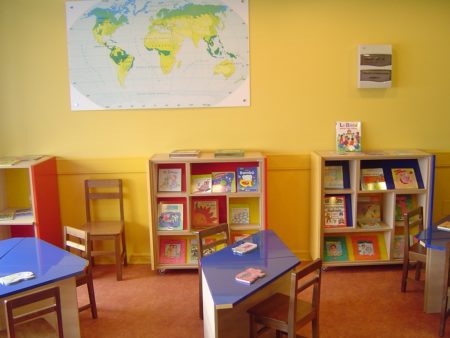The mission and ministry of Education is intrinsic to the call of the Sisters of Mercy. From the beginning, the growth, development and flourishing of girls and young women who were excluded from learning by poverty, politics and culture, motivated Catherine McAuley to action. She used her legacy to build a house which provided classrooms for neglected children in Baggot Street, Dublin, in 1827. Her pattern thereafter was to establish schools within days of arriving at a new foundation. She linked in to the State’s formal National School system before many others. She laid the foundation for teacher training services for catholic teachers.

The history of the next 150 years shows that the establishment of primary, secondary and third level schools, especially in low income areas, was a visible and effective characteristic of Mercy Sisters’ ministry. Their work in many places contributed to the up-lifting of whole societies, providing opportunity for personal and communal development in many depressed towns and cities throughout the world.
Today, most States have established a public-school system, at least at elementary level. But our Sisters do continue to have a teaching role in some places, while in others we have handed on the school ministry to our successors – committed professional lay people.
The ministry of education in our time has widened out beyond the classroom arena into many new contexts and formats. It is now experienced in faith and pastoral settings, in areas of health and wellbeing, in life and technology skills, through ecological and justice issues, by creative and community endeavours on peace and dignity pathways for all. The UN reminds us of the continuing importance of education for girls, which remains a cultural barrier in some countries.

The focus of the Church’s ministry of education has broadened too, and its fresh urgency is most fully reflected in the call of Laudato Si. Sisters of Mercy, in their different contexts, will continue to be alert to the need for education, whether at its most profound or its most basic levels, enabling the next generation to integrate faith, life and culture in the service of our evolving reality.


